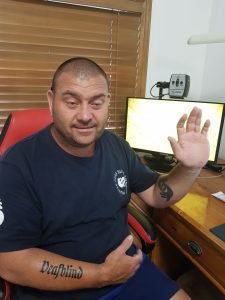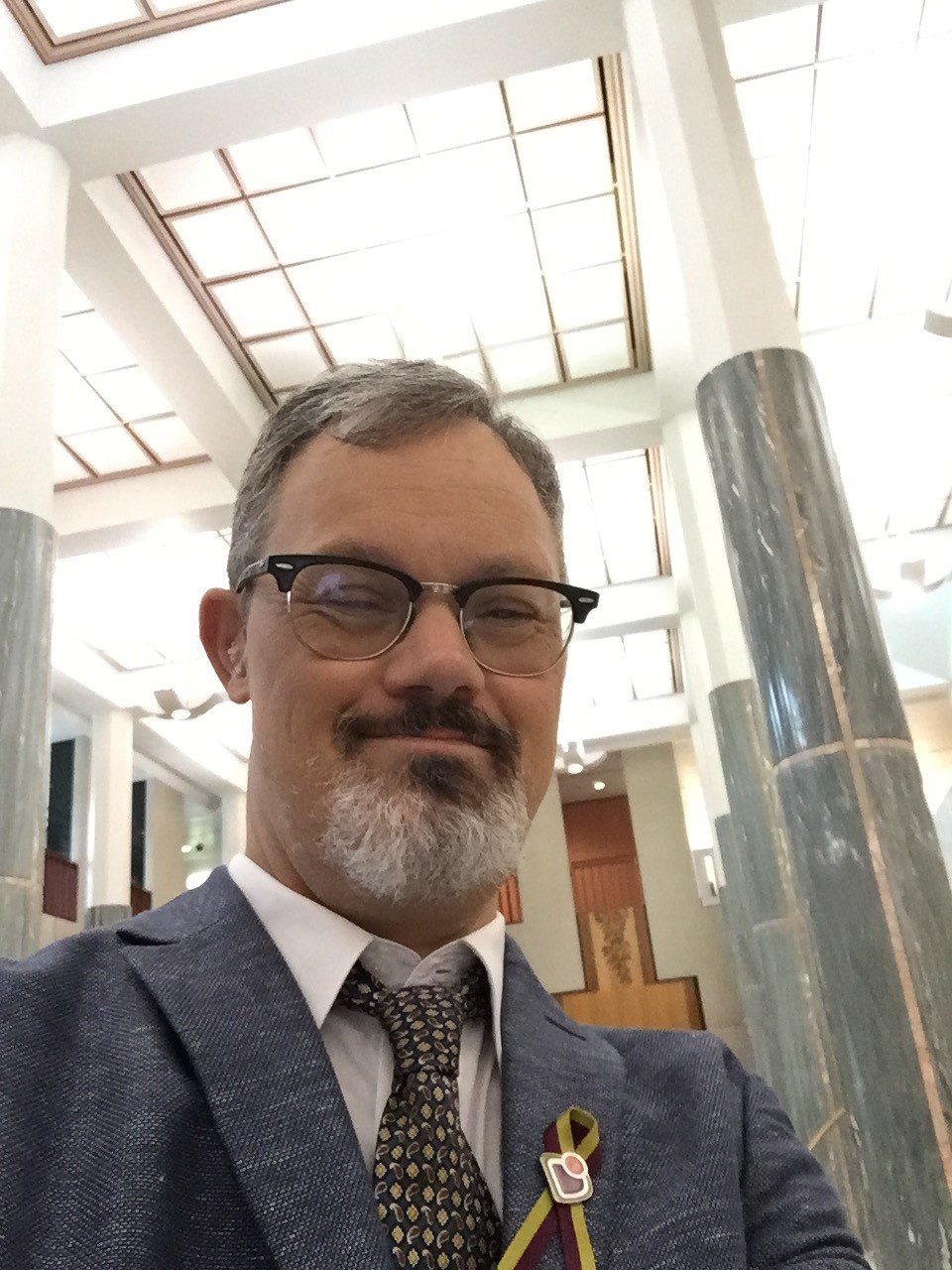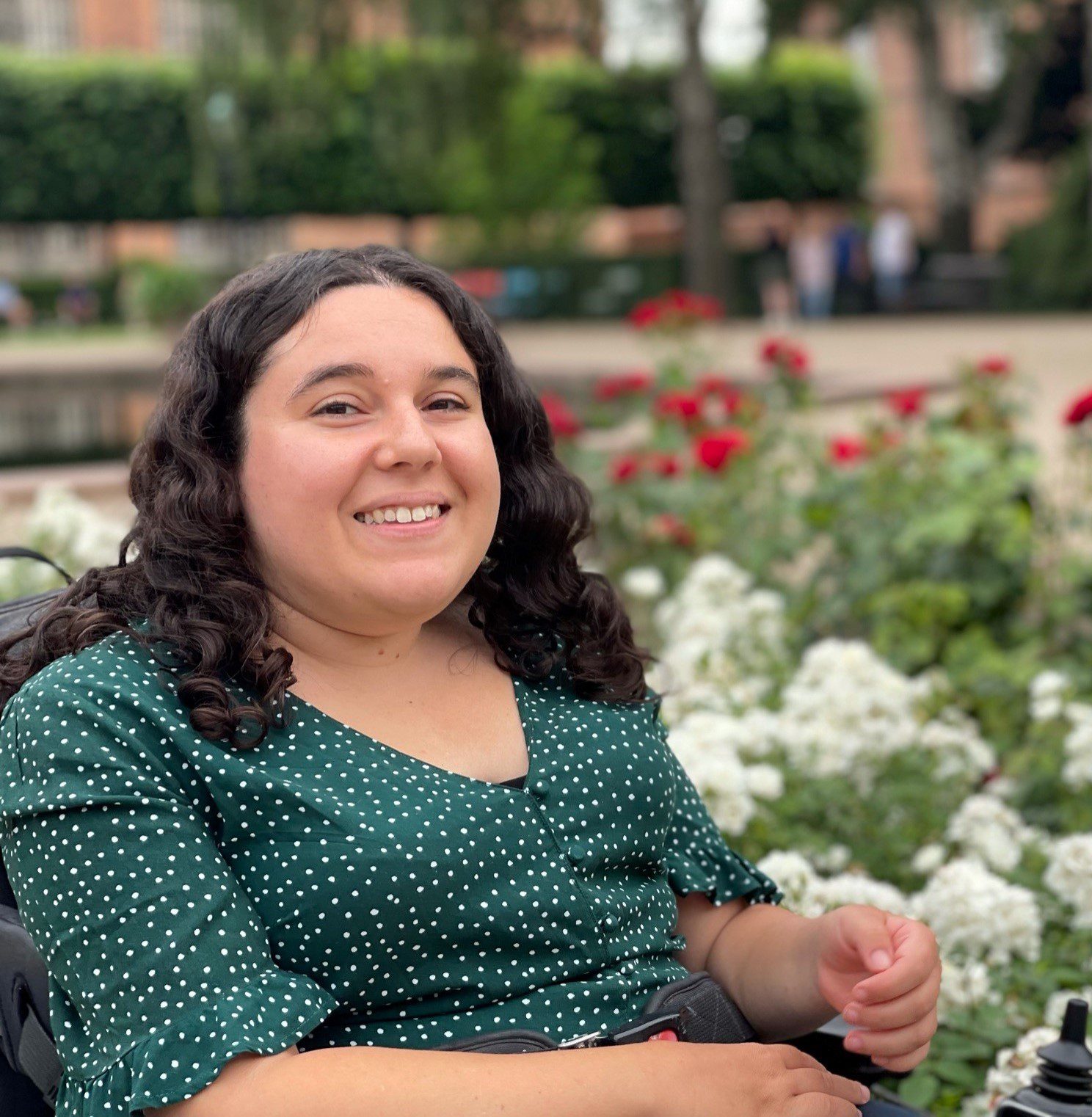P-CEP Peer Leadership Program - Apply Now!
Are you someone with disability living in QLD, NSW, ACT, SA or WA?
Become a leader in the Person-Centred Peer Emergency Preparedness (P-CEP) Peer Leadership Program
What is the P-CEP Peer Leadership Program?
The P-CEP Peer Leadership Program, developed by QDN and the University of Sydney, supports learning in Person-Centred Emergency Preparedness (P-CEP) and Peer Leadership.
The P-CEP Peer Leadership Program uses the P-CEP Workbook that was co-designed by people with disability to prepare for their safety and wellbeing in emergencies. It draws on the research that informed person-centred and strengths-based approaches to making an emergency plan tailored to individual support needs in emergencies.
P-CEP Peer Leaders are people with disability helping raise awareness with other people with disability about P-CEP. The program introduces you to the P-CEP Workbook and helps you to take steps to get ready for emergencies. Peer Leaders want to learn together about what people can do for themselves and what they may need support for in emergency situations. This will help us to understand any gaps in preparedness and help link you to other people in your community that can help you to address them (e.g., your local council, local emergency services, your disability service provider, etc).
QDN will be working with Disabled Persons Organisations and local Emergency Services in QLD, NSW, SA, ACT and WA to deliver the program.
Why join the PCEP Peer Leadership Program?
We’re seeking interest from people with disability in QLD, NSW, ACT, SA and WA to become P-CEP Peer Leaders. You will learn how to use the P-CEP to make your own emergency plan and help other people with disability in your community to know about the P-CEP Workbook and use it to get ready for emergencies.
We are looking for up to 80 people with disability in QLD, NSW, ACT, SA and WA to join the program.
When are workshops happening?
Workshops will recommence in the upcoming year and will run throughout January and February. Attendance at all four workshops in the series is essential. Each workshop will have a duration of 1-1.5 hours.
Join the workshop series that suits you:
- WEDNESDAYS February 21st to March 13th at 11:00AM AEST
- THURSDAYS February 29th to March 21st at 4:00PM AEST
- MONDAYS March 4th to 25th at 11:00AM AEST
- TUESDAYS March 5th to 26th at 4:00PM AEST
Please continue to check back, as additional workshops are consistently being added!
P-CEP Peer Leadership Program - Apply Now!
What do P-CEP Peer Leaders do?
- (P-CEP) Peer Leaders develop their knowledge and understanding of Person-Centred Emergency Preparedness for their own safety and wellbeing. They share what they learn with others in their community. This might include through networks you are part of with other people with disability or community networks, councils, emergency services or Disabled People’s Organisations.
What are you being invited to do?
1. Be part of four online workshops spread across four weeks to learn about:
- The four steps of Person-Centred Emergency Preparedness.
- How to make your own plan for an emergency or disaster.
- How to share your P-CEP plan with your support network.
- How to be a P-CEP Peer Leader in your community.
- Workshops will start in late August 2023.
2. Be a change maker and share P-CEP in your community:
Tell other people with disability about how they can start to get ready and make a plan for an emergency or disaster as a P-CEP Peer Leader.
3. Stay connected and share what you’re learning
Interested peer leaders can join a P-CEP Learning Community. The Learning Community is for people with disability from across Australia who have also completed the program. This is a place to share your ideas, learnings, and tips about leading P-CEP in your local community. The Learning Community will include six online meetings starting in late 2023 through to mid-2024.
How is the program delivered?
The workshops will be delivered by people with disability online using Zoom. Each session is one to two hours, held each week over a four-week period. It starts in late August 2023.
Before the workshops start, QDN will give you all the details about the dates, times, and how to join the workshops online.
Who to contact for more information?
Call QDN on 1300 363 783 or email the team at didrr@qdn.org.au
How to apply:
Please complete the Expression of Interest <link: https://forms.office.com/r/VQNF2GkYk9> Please call QDN on 1300 363 783 if you have any questions or require additional support to complete the Expression of Interest.
This program is funded by the Department of Social Services (DSS) Information Linkages and Capacity Building program.
P-CEP Peer Leadership - What the research tell us
The research by University of Sydney on this program has demonstrated:
- Co-design and co-delivery are the foundation of learning together with people with disability to co-produce tools that people can use to tailor emergency plans to their support needs and situation.
- People with disability have an important role to play in leading change toward DIDRR.
- Peer leadership and peer support is an effective way to help people with disability to know about and use the P-CEP resources to make a plan.
The importance of ensuring people with disability are included and supported to develop their own individual emergency plans and working together with disability and community supports and local disaster emergency management has influenced national policy including the National Disability Strategy, NDIS Quality and Safeguard Commission practice standards and the National Health and Intellectual Disability RoadMap.
The participants in the program have used the P-CEP workbook as a tool to:
- Inform themselves and others about risks and preparedness steps
- Connect people with disability to emergency personnel, information, and resources
- Lead person-centred emergency preparedness conversations at the individual and community level
- Influence change toward disability inclusive emergency planning in their local communities
This project is Funded by the Australian Government Department of Social Services.
Participant Profiles

Geoff
What are you learning from the group?
"I’m learning to be prepared for all kind of emergencies and to give information to my deaf blind peers in the Hunter NSW."

Rohan
I am enjoying learning about emergency preparedness because…
"Yes. There is always room to learn more information. You can listen to others first hand experiences of all different kind of emergencies."
"I am enjoying learning about emergency preparedness because it raises awareness for my peers."

Chantel
Would you encourage others to do it? Why?
"I definitely encourage anyone to undertake this training. It's so important because sometimes people with disability can get left out of emergency planning. It's hard for someone with a disability to plan when they may not have the knowledge or know where to start. We should be supporting each other to learn how to be safe in an emergency.
I am enjoying learning about emergency preparedness because it helps me think about not just myself and my own needs in an emergency, but those of the broader community too."

